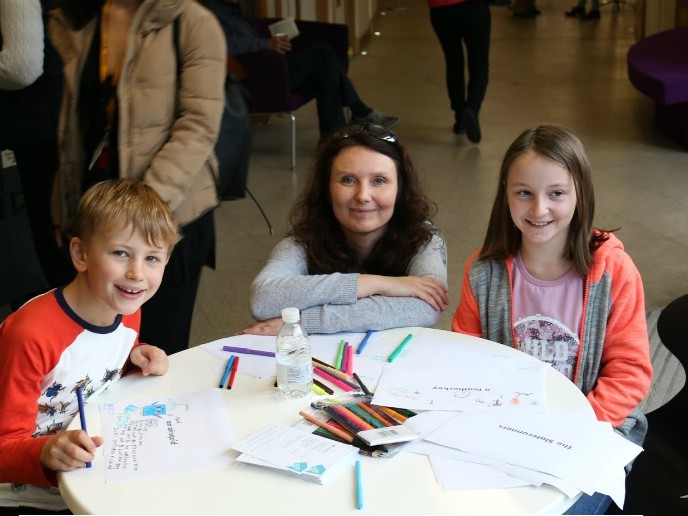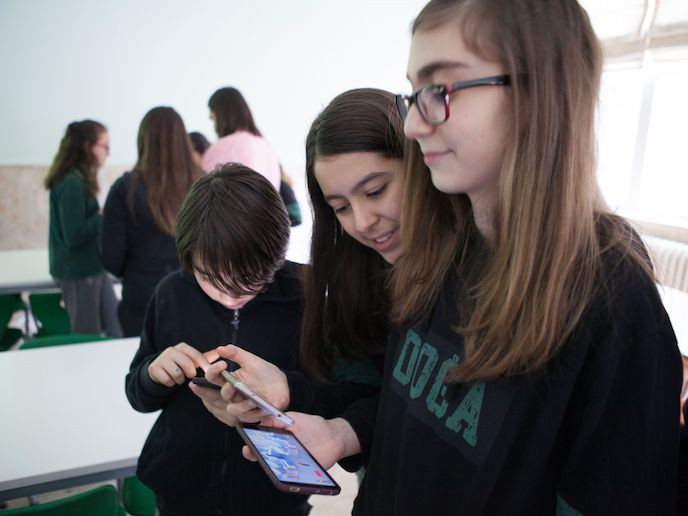Gamifying music education increases access for young people
Early years music education has been shown to have a dramatic impact on cognitive and social development. This, in addition to the wellbeing produced, suggests that music should be a core curriculum subject. While good teachers can deliver this, they compete for children’s time and attention which, in addition to the effort required to learn theory, often leaves this potential untapped. The Mussila Music School created by the Mussila studio(opens in new window) uses digital tools to spark musical interest in children. The system – currently comprising a mobile application(opens in new window) – bridges the gap between music theory and the joy of playing. Preliminary studies of the initial Mussila application demonstrated improved learning compared to traditional techniques. The application has been highly rated by critics, receiving industry awards(opens in new window), and users alike, with over 500 000 downloads. EU support has enabled Mussila studio to develop a business plan to develop a school edition.
The Mussila musical journey
The Mussila player’s journey follows courses based on well-known musical works. Each includes a set of skill building challenges in rhythm, pitch and keyboard playing, designed to activate the child’s logical thinking. Extra activities such as the ‘DJ’ and ‘band’ platforms are intended for creative output. As the core aim is to teach music through the music itself, the theoretical teaching remains purely musical, avoiding verbal or text explanations. “The biggest challenge is keeping the students motivated. So we created structured training with goals and support, alongside a variety of tailored practice methods but with room for creativity because we need to get to music making and the joy of playing as fast as possible,” says project coordinator Margret Juliana Sigurdardottir. “Mussila is also a child-friendly environment, free of commercials or other distracting content, adhering to the highest standards, be it sound production or musical arrangements.” Mussila’s first release in 2016 was tested with 120 children in three schools in Estonia, where half the children integrated Mussila into their music classes over a 3-week period and the other half received their normal tuition. In the beginning, both groups were tested in music theory, and after the 3 weeks they were tested again. The results showed that the Mussila group had progressed 20.2 %, whereas the control group scored the same before and after. The team continue to regularly test Mussila’s components with children, as well as interviewing teachers and parents to better understand their use of the application. They also monitor the data generated by user experiences within the app, for further improvements.
Far-reaching benefits
Mussila makes music education more accessible for young people as it provides content that they find appealing, in a fun format and on familiar devices. Broadening access to music education contributes to inclusive societies, while fostering social skills, creativity and faster cognitive development. With the Mussila app currently available on subscription, alongside further fine-tuning of content and functionality, the team will next develop a teacher platform with multiple accounts, interactive features and group challenges. The target age range is also being expanded beyond the current one of 5-10 year olds. Mussila has already been translated into 35 languages and is available in 155 markets worldwide, so plans include the continued pursuit of growth in those markets. “Music is a global language and it has also been very rewarding to see our application appeal equally to children in different parts of the world,” says Sigurdardottir.







